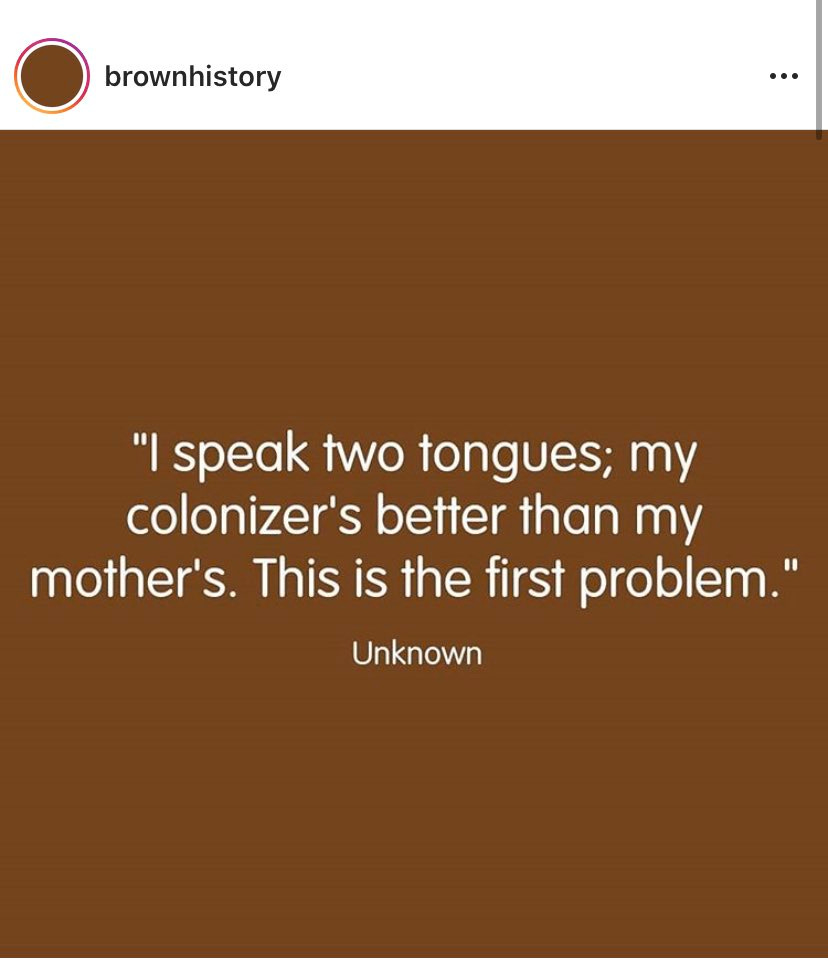Between navigating complexities around culture and identity, you sometimes forget who you are.
Who are you, really?
An amalgamation. Of the exchanges and conversations that happen around you. The conversations and questions, and the underlying unspoken nuances. The subtleties and acceptance of situations, and the gravity of rejections. The friends and family you choose. The friends and family you’ve grown up with. The education you’ve formally received. The things you’ve picked up on your own. The self-learning and the courses. The group learning, and the isolated learning. The group thinking, and the solitude realizations. The observations you make. The observations you don’t make. The unconscious bias. The conscious bias. The way you believe the world works. The way you want your world to operate. The thoughts you hold on to. The words you let go of. The sentences you type out. The voices in your head no one else hears. The clothes you wear. The clothes that make a statement. The statement you make when you submerge, looking identical to the group around you, in a specific location. The way you pronounce your words, and your phrases. The ethnic words that sound different, the way you think they’re supposed to. The foreignness. The localness. The first thought. The second thought. The handshake. The greeting kisses. Three times, each side. Twice, once each side. The formality. The informality. The prolonging of gatherings. The briskness of meetings. Them. Us. You. I.
I.
I.
Who am I?
-
This was inspired by a quote I read on @brownhistory.

Image description: “I speak two tongues, my colonizer’s better than my mother’s. This is the first problem.” - Unknown.
Thank you to Visakan Veerasamy, Anna Gát, Hera Naushahi, and Iman Ben Chaibah for reading this piece, and giving me the (final) push to publish!



I'm glad you did publish this. It's amazing.
Love this!